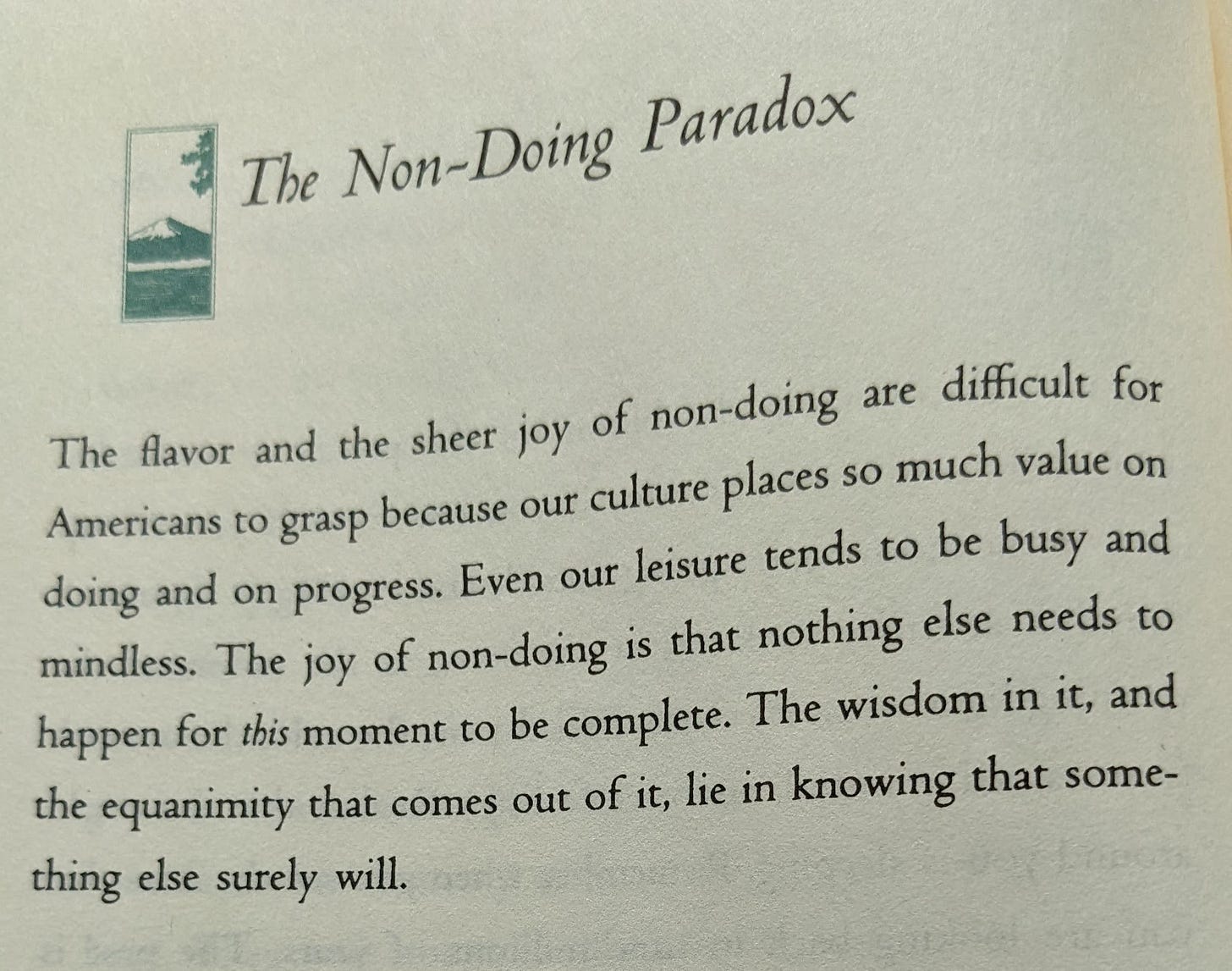Cultivating Boredom
When was the last time you were truly bored?
When was the last time you asked yourself this question? And, if yes, how long did it last before you had an attention-switch (or context-switch in computer lingo) that extinguished this short ephemeral pause in time.
Much like the surfeit of food in today’s world, information is also not in deficit. We have access to several streams of information on a real-time basis surmounting barriers of distance and time. Entire encyclopedias are at the reach of our fingertips. Much like the devices and cloud services, we are all connected in a vast hyper-connected web of data, neurons of a mycelial-like distributed brain. Any and all happenings of the world ping our phones to grab our attention and scratch that curiosity itch.
Curiosity and not necessity drove early man from the days of cave-dwelling. Necessity may have been the mother of several inventions, but curiosity has provided the canvas. When the flame of curiosity is smothered before it flares, we eliminate that strand of future timeline with unrealized potential.
What are the precursors to a curious mind? There are many budding factors at play here, of which we can never rule out boredom. Before we delve deeper, let’s check out what being bored means.
A cursory Google search for bored reveals:
Two key aspects from the above are unoccupied and lacking interest. Let’s pick the interest factor first. We have all been there when a task we have been working on wears us out, and we seek alternatives and optimizations. It doesn’t take much to stretch our imagination to trace this to climactic inventions such as or similar to those of the wheel or fire. Unoccupied conjures up images of indolence, but some of the lightbulb moments that changed humanity’s course can be traced to these unoccupied minds. Connecting the two, it is in the realm of possibility that someone who lacked interest preferred to be unoccupied than accept the status quo. Hence, boredom has been a cradle of curiosity, the canvas for our imagination.
Beyond utilitarian outcomes, we needed similar minds to saunter, observe, smell the roses, watch the daffodils dance; to compose several works of art - odes, ballads, landscape, and still-life paintings, tessellated mosaics - the list goes on.
This boredom that may have heralded various transformations of human life is in deficit. Technology allowed us to escape the trap of food shortage and sustain humanity while also ensuring all nutritional requirements are realistically met. Obesity is considered a more significant problem than starvation and is still intractable. Similarly, we are being inundated with new information; our flame of curiosity is being occluded by the bright displays of the connected world.
Boredom is declining, if not completely dying. These words may have been unthought of a few decades ago. No longer. It may be hard for anyone from the current generation to define what boredom truly means viscerally.
It is also worth expanding the definition of boredom to make room for stillness and non-doing and bring it into a positive realm. More on this below.
We have tried to solve the fallout of this hyper-connectivity with various measures such as digital well-being to reduce screen time, varied digital detox mechanisms, highlighting the role of mindfulness and meditation, and so on. However, in all of these, the part of emptiness is not stressed enough. The intent of replacing connectedness with a tangible space of not doing anything is missing in the discourse.
What we need is an information diet than just a detox. More than just the digital sources, this also needs to encompass any other mechanisms employed by us to keep our minds occupied.
Mindfulness needs to be exercised in this spirit of emptiness or stillness and needs to permeate our daily life. Jon Kabat-Zinn has eloquently explained this “Non-Doing” in the excellent Wherever You Go There You Are:
Note that this stillness is not limited to meditation. Kabat-Zinn accentuates it further with quotes from American naturalist and poet Henry David Thoreau. Mostly from Walden, one of quotes is about sitting in the doorway for hours and merely watching the world at play. This shift in perspective is more comfortable with stillness and makes room for boredom. It is also worth redefining boredom in our lexicons with this in mind and treating it as a positive fixture than the current definition.
This change is not about slowing down and putting brakes on our growth. On the contrary, this is more about making space for something bigger than measuring throughput and raw productivity all the time: We need to invent better wheels than count the number of goods moved in a unit of time. We need to move more zeroes to ones to sustain our growth.
There is much more to be said here. But let’s end by returning to the source, literally speaking. The very first mention of “bored” in print comes from Don Juan by Byron in 1823:
Society is now one polish’d horde,
Form’d of two mighty tribes, the Bores and Bored.
- Byron, Don JuanIf Byron were present today, he might have mocked the constantly occupied and extolled the bored. Or he may have been too busy to notice the difference.





